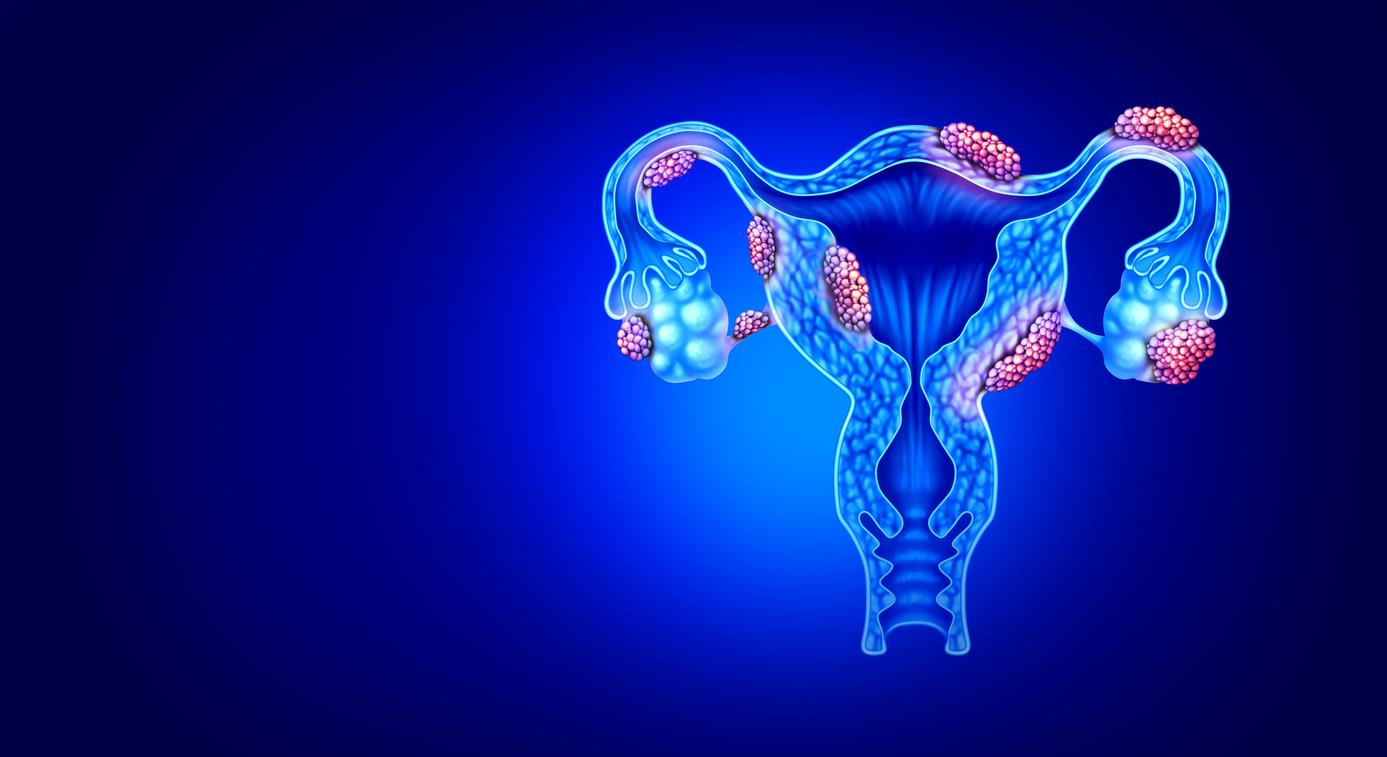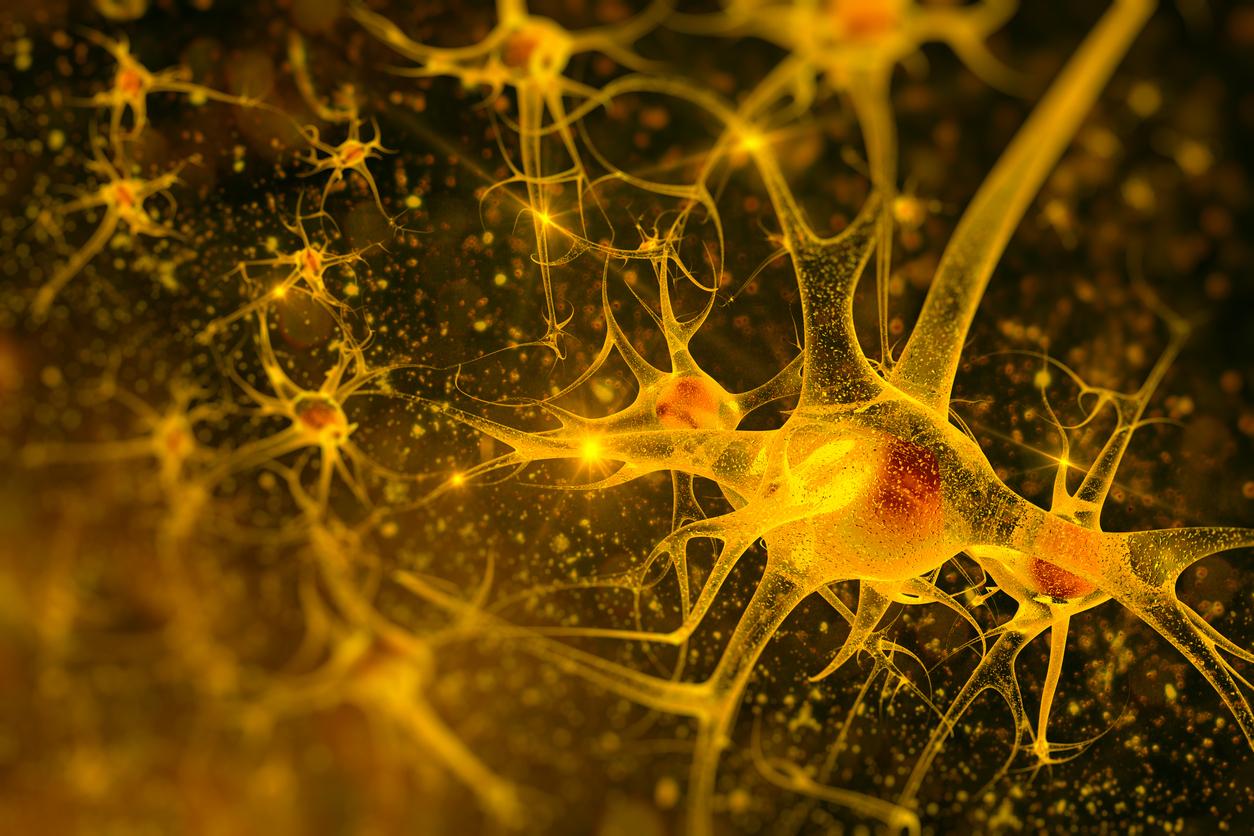Researchers reveal the brain mechanisms linked to the yoyo effect after dieting.

- The yoyo effect is the work of a group of neurons that push us to regain the lost weight.
- This situation stimulates our appetite and induces weight gain.
- In 2020, nearly one in two French people (47.3%) was overweight and/or obese.
Researchers from the Max Planck Institute in Germany and Harvard Medical School in the United States wanted to know precisely what was happening in our brains to trigger this yoyo effect after a diet. They looked at the changes that occur in our brain circuitry when we’re calorie-restricted. The results of their researchpublished in the newspaper Cell Metabolismreveal that this is all the work of a specific group of neurons.
Neurons that push us to regain the lost weight
Researchers found that AgRP neurons, located in the hypothalamus, a brain region that plays a key role in controlling hunger pangs, are activated by other nearby neurons during weight loss caused by a calorie restriction. This activation of AgRP neurons stimulates our appetite and causes us to consume more food, leading to weight gain.
These results highlight the importance of neural signals in regulating our appetite and highlight the link between the activation of these specific neurons and the yoyo effect after dieting.
Prospects for intervention to prevent the yoyo effect
The results of this study could open the way to new perspectives for intervention to prevent the yoyo effect and maintain lasting weight loss after dieting. By better understanding the brain mechanisms linked to the feeling of hunger, the researchers hope to be able to develop drugs that specifically target these AgRP neurons, in order to reduce their activation during a diet and thus limit the excessive stimulation of the appetite. This type of drug could help people maintain their weight loss efforts without experiencing the unwanted fluctuations that often contribute to weight regain after dieting.
Further research will be needed to deepen our understanding of these brain mechanisms and develop effective treatments.
More and more overweight French people
In 2020, nearly one in two French people (47.3%) was overweight or obese, according to figures from a new Odoxa survey for The Obesity League. And it is obesity that is progressing the most – it has doubled since 1997. Today, 17% of French people are obese (including 6% of children aged 8 to 17).
Massive obesity has practically doubled in a decade, going from 1.1% in 2009 to 2% in 2020, and now concerns more than one million French people.


















